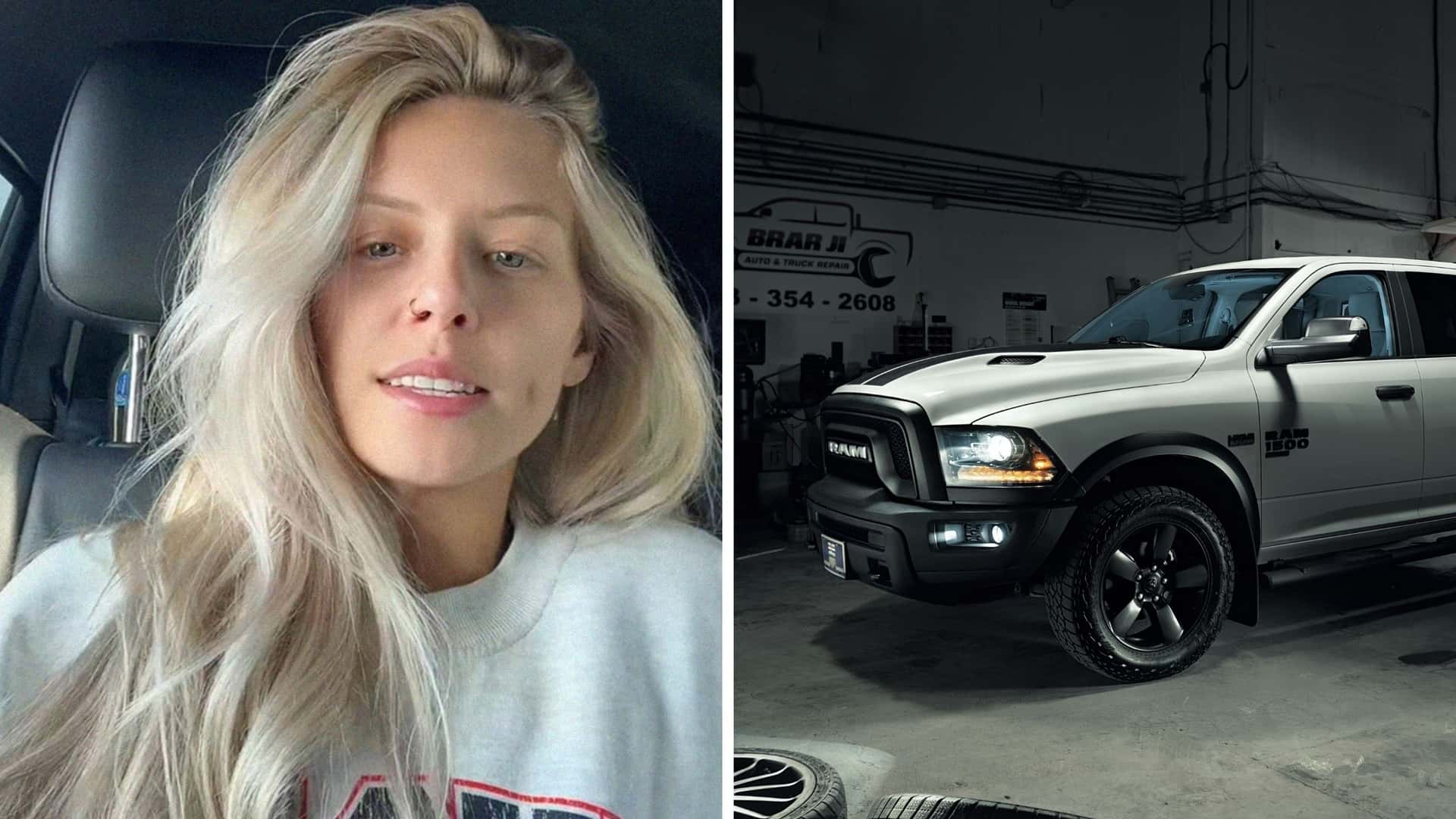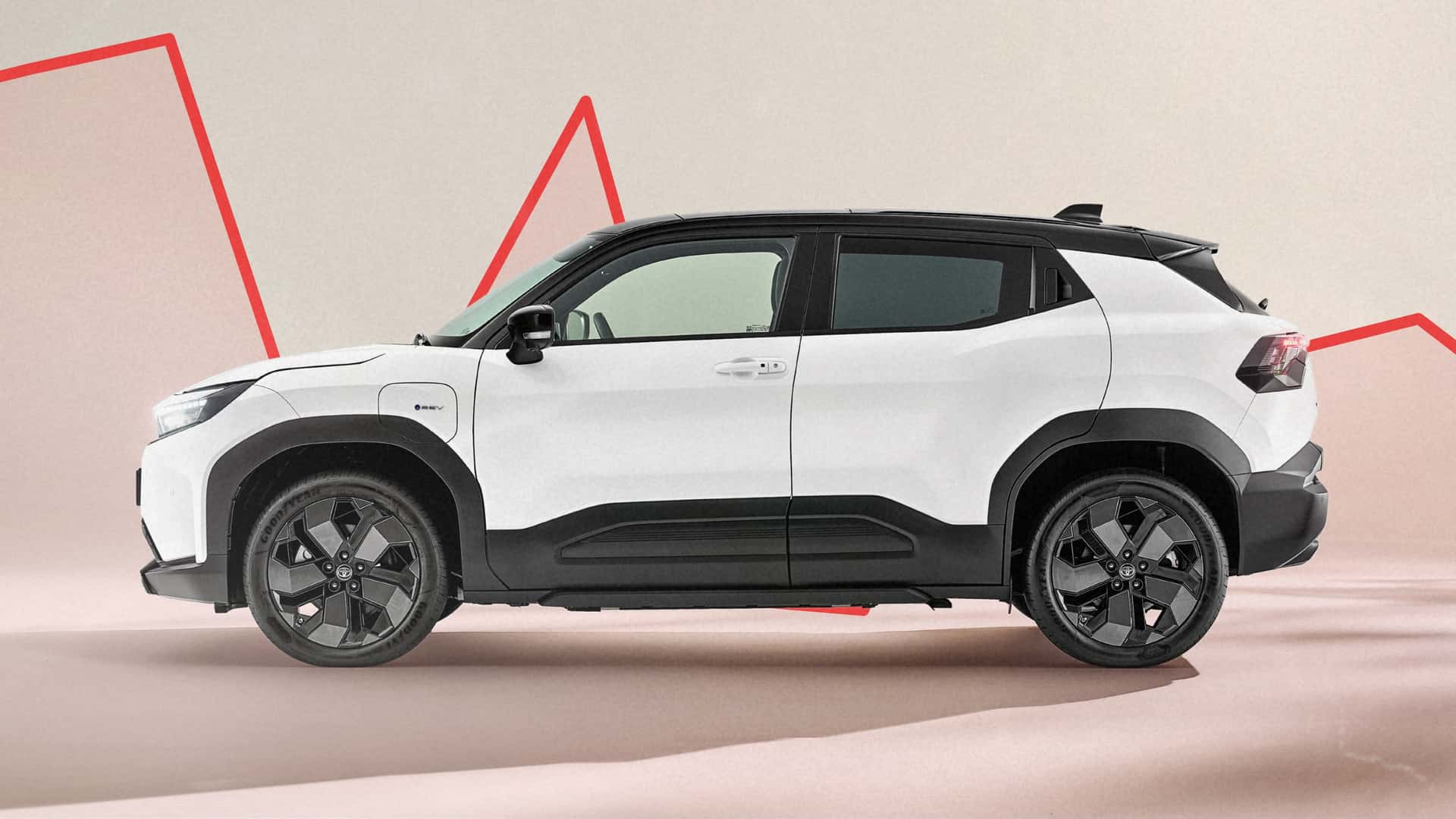'Here’s the Problem:' Chevrolet Truck Gets Repairs During Engine Recall. Less Than 1,000 Miles After Fix Later, the Car’s Cooked

Recalls are supposed to fix problems, not set the stage for an even bigger one. But for one Chevrolet truck owner, a recall repair on the L87 engine was barely finished before the motor locked up again, reigniting debate over whether GM’s solution addresses the real problem.
In a viral TikTok, Chevrolet enthusiast Aaron (@shelbymaster20) gives viewers a close look underneath the truck in question and gives his thoughts on the true reason for the failure.
“This vehicle had this recall done less than a thousand miles ago. Had the 0W-40 oil updated, new oil cap,” Aaron says in a clip that’s been viewed more than 76,000 times. “The 0W-20 oil isn't the problem. The rod bearings inside these engines are what's the issue.”
Just as recalls are supposed to bring reassurance, this case has opened a broader question: did GM’s remedy for the L87 really fix anything, or merely paper over the deeper structural defect?
What Is the Chevrolet Truck Recall?
GM’s recall, formally designated N252494000, applies to 2021–2024 model-year trucks and SUVs with the 6.2L L87 V8, including Silverado, Sierra, Tahoe, Suburban, Yukon/Yukon XL, and Escalade models. The automaker’s public rationale is that some engines may contain manufacturing defects such as sediment embedded on connecting rods or contamination in crankshaft oil galleries, which can lead to bearing overload, engine seizure, or even a connecting rod breach.
Under the recall protocol, GM technicians are directed first to inspect suspect engines using specialized diagnostics, including a GM PicoScope paired with harness GM-60539, to detect misalignment or early warning signals. If the engine passes inspection, the dealer is to swap out the original 0W-20 oil for 0W-40 full synthetic, such as Dexos-R or Mobil 1 Supercar spec, replace the oil fill cap to read “USE 0W-40 ONLY,” change the filter, and insert a page into the owner’s manual documenting the change. When the engine is found to have defects, GM’s guidance calls for a full engine replacement, typically estimated at 18.2 to 18.6 labor hours.
GM is also offering new special coverage on engines that pass inspection: 10 years or 150,000 miles from the in-service date, under coverage program N252494003.
FROM THE TRENDING NEWS DESK
Viral bits from across the social media landscape
Our team of experts tracks what's trending so you don't have to—from viral videos to online debates that have everyone talking.
That said, critics and some owners argue that swapping oil grades does not meaningfully address bearing wear or prevent newer failures.
In the TikTok, Aaron contends that this truck had the recall work done less than 1,000 miles before the engine catastrophically failed. He frames the issue not as a viscosity mismatch but as a mechanical bearing defect, saying, “The rod bearings inside these engines are what’s the issue.”
That view aligns with a growing chorus of independent voices who claim that the recall’s “fix” is superficial. In forums like r/Silverado or GM-Trucks.com, some owners report early bearing knocks, unexplained metallic debris in oil, or catastrophic failure in low-mileage builds.
How the Problems Grew
The National Highway Traffic Safety Administration opened a preliminary investigation into roughly 877,710 GM vehicles equipped with the L87 engine, citing complaints of bearing failure that can lead to engine seizure or rod penetration of the block. Early warning data from the investigation reveal 39 complaints linked to failure, and GM has already acknowledged thousands of field incidents that include loss of propulsion.
Legal pushback has followed: a class action lawsuit filed in May accuses GM of being aware of the defect earlier and pursuing a temporary solution instead of a permanent one. The complaint argues GM’s recall bulletins are confusing, and that the bearing defect can manifest with virtually no warning before failure, even on replacement engines.
From a mechanical perspective, rod bearings act as a friction buffer between the crankshaft and rotating rods. Their function is critical: they sustain extreme pressure, heat, and rotational force to prevent metal-to-metal contact. When surface irregularities, insufficient lubrication, or contamination exist, those bearings can fail prematurely, leading to catastrophic engine damage. Engines affected by the recall appear to exhibit symptoms such as rod knock, sudden loss of oil pressure, or a complete seizure if failure is rapid.
One teardown of a failed L87 revealed rod bearings that had effectively welded to the crankshaft, a condition consistent with high heat and metal fatigue. GM’s own internal engineering justification for 0W-40 is that its higher film strength compared to 0W-20 helps maintain a thicker lubricating sheath across surfaces under load, particularly in engines whose internal tolerances may have already been compromised.
The trade-off, of course, is that thicker oil can slightly increase internal drag; however, GM claims its testing shows a negligible impact on fuel economy with this switch.
What remains unclear is whether the recall’s inspection or replacement protocol truly prevents the same failure from happening in the future. Some owners say that despite complying with the recall, their trucks have failed, or that the inspection passed even though internal wear was ongoing. Others caution that preliminary inspections based on sensor thresholds might not detect early degradation until failure is imminent.
Ultimately, Aaron’s TikTok clip does more than chronicle one owner’s misfortune. It spotlights a fault line between what a recall promises and what it can deliver. If, after GM’s intervention, engines are still failing at low mileage, the automaker may be compelled to revisit the recall, expand coverage, or face mounting legal and regulatory pressure. For now, the question remains: When a recall doesn’t prevent disaster, what even is the point?
Motor1 reached out to Aaron via TikTok direct message. We’ll be sure to update this if they respond.










































